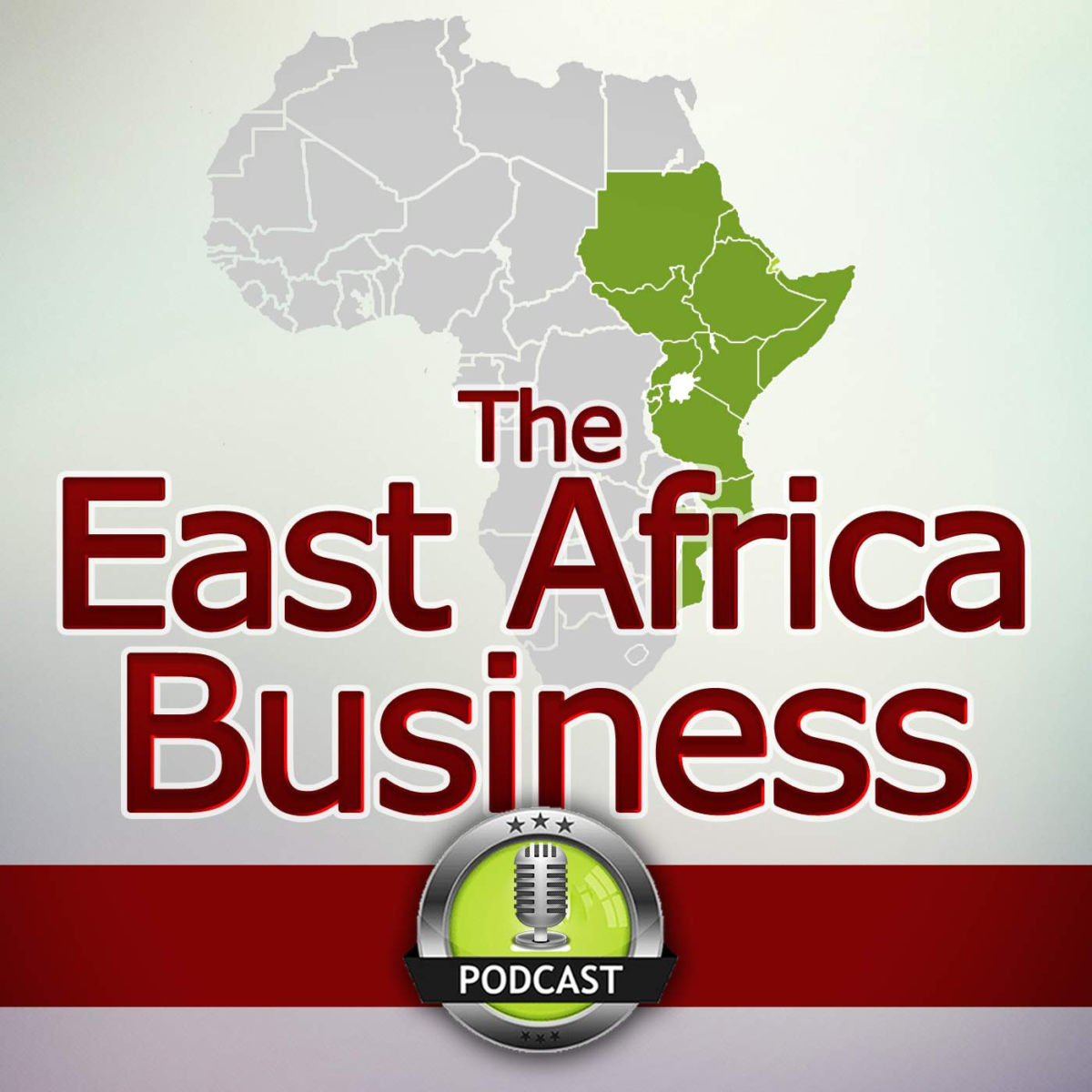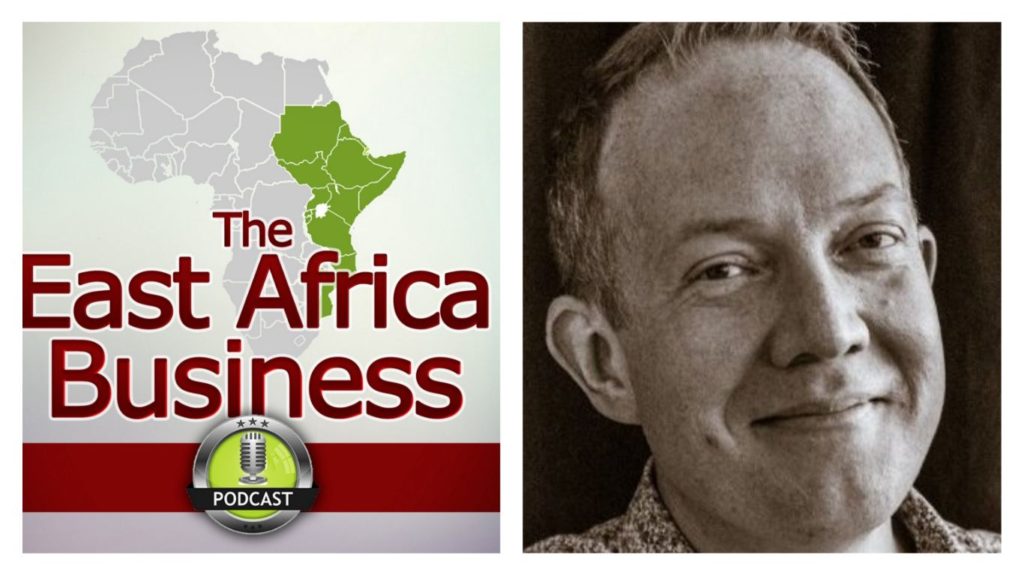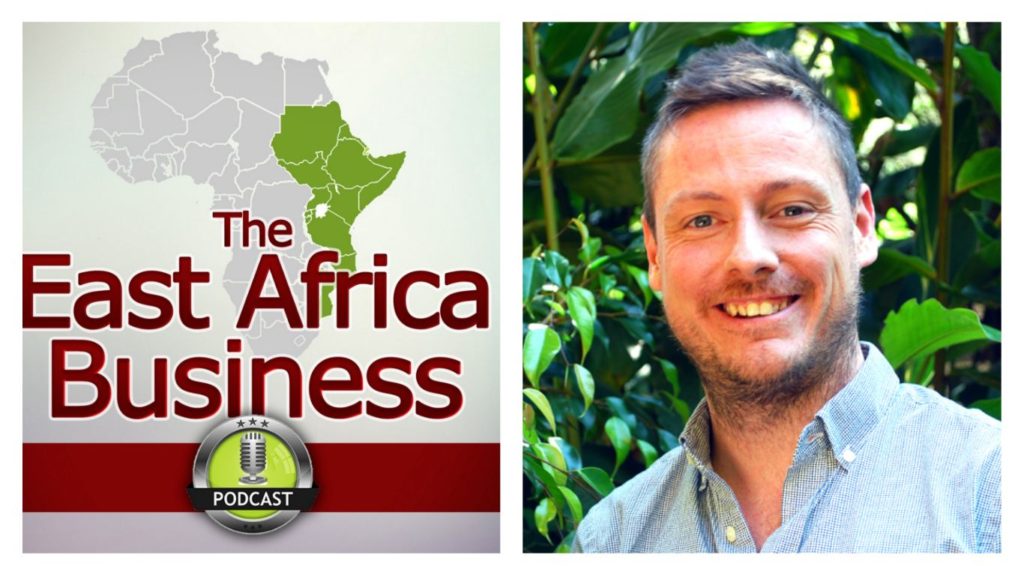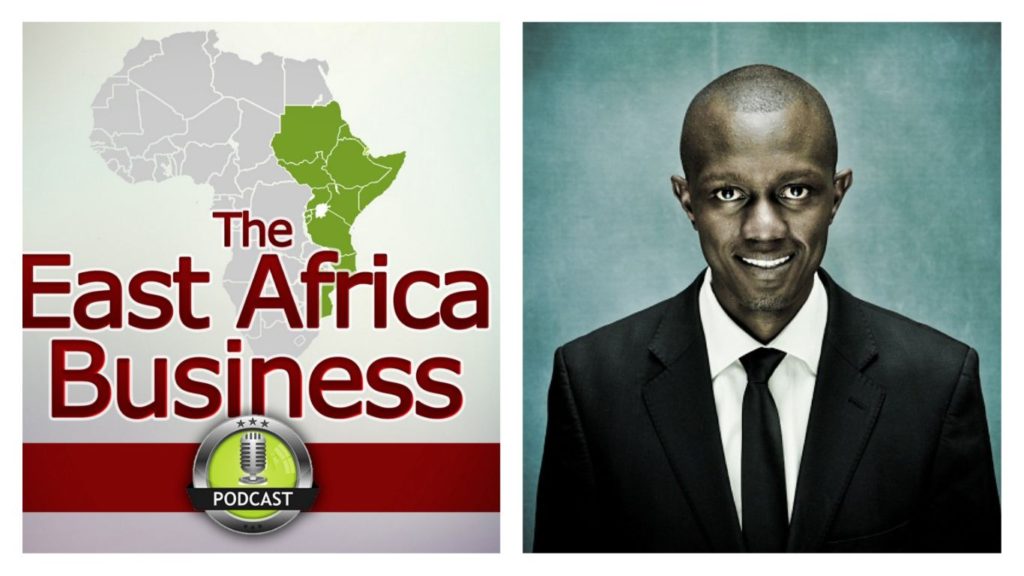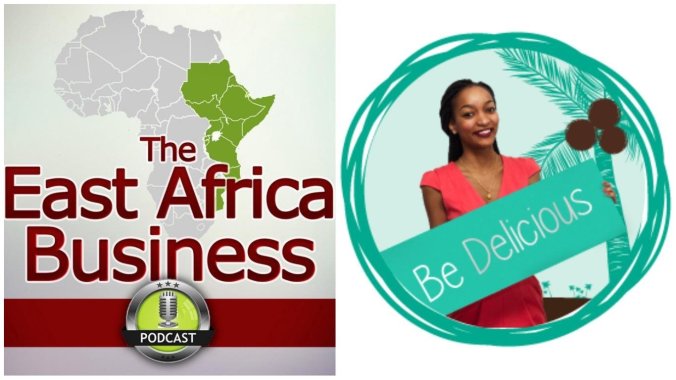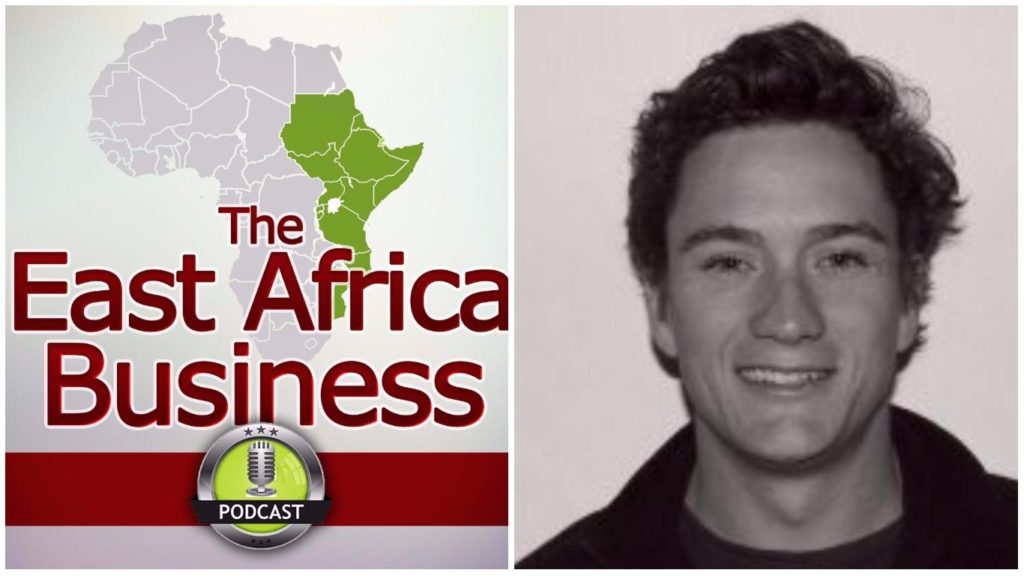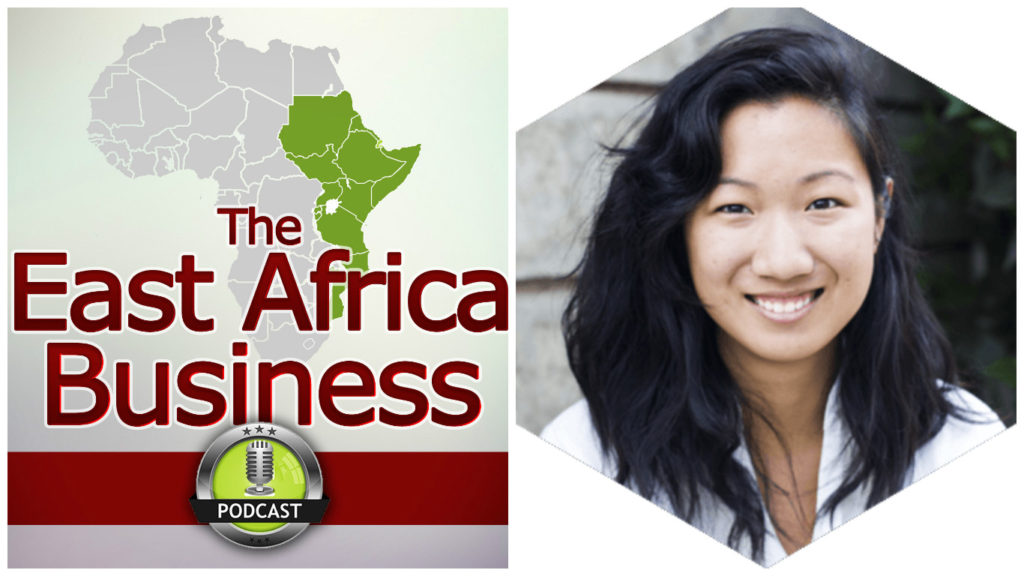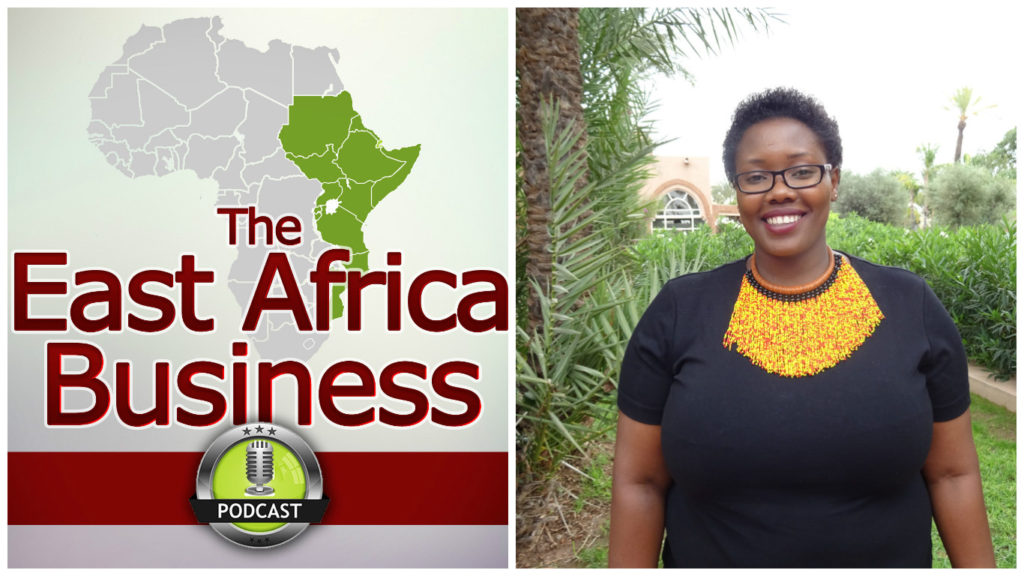Overview
This is a little episode to update you on what’s going to be happening with The East Africa Business Podcast.
The short version is that the podcast is going on hold for a while as I focus on growing my own business in the East Africa region.
I’ll explain the context, which should hopefully make a bit more sense.
In any case, the podcast will likely be back in the not-too-distant future and in the meantime we can all have a bit of a breather.
Sign up below to hear whenever there are new stories and episodes released on the podcast
How the podcast started
As background I found myself starting this podcast as means to meet entrepreneurs in East Africa.
I was interested in learning about the business scene and found that requests to “meet for a coffee to learn about your business” were quite understandably rebuffed with “I’m just too busy running my company”
Therefore I thought about ways in which I could equal the exchange and still have that conversation.
Almost all of the companies I was looking to talk to were looking for exposure and to generally increase their brand awareness and it turned out to be relatively straightforward to create a set up where I could record a conversation about their business and soon have it appear on iTunes.
It turns out that an opportunity to showcase your company to an international audience is a much more attractive proposition than going a coffee with a random guy from Britain.
What now?
Now however my schedule has begun to fill up a bit.
When I started out on my “Try Before You Buy Tour” around the region I essentially gave myself 4 months to understand as much as I could about the business scene in East Africa with a view moving out permanently and starting my own thing.
I started by taking a flight to Rwanda and, using savings from my previous start up job in London, I could devote substantial amounts of time to absorb the business environment.
After undertaking a “Big Think” in Zanzibar I decided Kenya was where I wanted to move full-time and begun making plans to undertake the transition to Nairobi.
Now that I’m here, this, naturally, involves finding a way to live sustainably.
I undertook work at a start up in Nairobi and began consulting with other organisations as a means to pay the rent.
What spare time I do have goes towards validating the shortlist of business ideas I’m considering, and then putting effort into getting them off the ground.
As such, with the podcast not bringing in direct revenue, it’s something to be put on the shelf for the time being.
It’s something I’ve thoroughly enjoyed to date and so will be certain to pick it up again as soon as conditions permit.
Look in the archive
Anyway, I’m sure that’s more than enough about me
For you, the listener, there are many excellent episodes within the archive for you to go back and enjoy if you’re interested in learning more about business in East Africa.
If you’ve not subscribed already, just search for The East Africa Business Podcast on iTunes, Stitcher or any of the other podcast apps and scroll through the forty plus episodes that are there.
All have their nuggets of brilliance and so I’d recommend finding a title which piques your interest and giving it a listen.
Nevertheless, I will now highlight some of my favourites for you to try out first:
For businesses that unlock the inner entrepreneur: head to Bottled Water Franchise and Lease Financing both have discussions around how giving someone an income-generating asset is an incredibly powerful way for them to grow.
For food production: Coconuts with Sakina. It really prises open the world of value addition in the economy, and the lengths necessary to get a product listed in a supermarket.
For purposeful uses of technology: Ambulances with Caitlin. A conversation around creating an Uber for emergency healthcare, which highlights the absence of base level infrastructure in a lot of these economies.
For all-round entertainment: Radio Adverts with Dr Suudi. A lively conversation about the world of Ugandan jingles which is, well, exactly what it sounds like.
You can also read summaries that I’ve written on particular industries, such as Food, Finance and Digital Platforms, all of which tease out lessons from the podcast interviews that have been done so far.
It’s on the blog I keep at samfloy.com. Click on the Latest Posts section, and it’ll take you there.
Get in touch
Now, many people have reached out over the past months wanting to learn more about the business environment in East Africa.
It’s an area of the world receiving more and more interest and, to the extent it can be, normalising the business environment here is something I’m keen to do whenever I can.
To date, I’ve also organised surveys for researchers, undertaken due diligence on start ups and written market analyses for people around the world looking for “on the ground” insight in this exciting part of the world.
If this is something that you, or someone you know, might be interested in then please feel free to drop me a line on [email protected]
Conclusion
That just leaves me to say thank you very very much for listening not just to this update, but also the episodes published so far.
To receive updates of when the next set of episodes will be coming out you can click Subscribe, as well as signing up to the weekly newsletter I send out.
At minimum there are links to interesting articles that I’ve read throughout the week, as well as updates on the progress in my own business.
For now though, thanks again for all of your time listening, and speak soon
